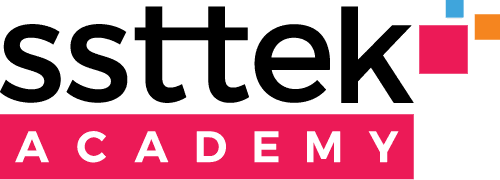Laravel is a PHP-based web application development framework. It offers developers the opportunity to create web projects quickly, efficiently, and in line with modern web development standards.
The key features and advantages of Laravel include:
- Eloquent ORM: Laravel includes Eloquent ORM, a database modeling tool that simplifies database operations and is object-oriented. This allows representing database tables as PHP classes and facilitates relational database operations.
- Based on MVC Architecture: Laravel is built on the Model-View-Controller (MVC) architecture. This separates the application’s logic (model), user interface (view), and user interactions (controller), making the application more modular, flexible, and easier to maintain.
- Routing and Request Handling: Laravel provides a robust routing mechanism and handles HTTP requests effectively. This enables routing URLs to specific actions (controller methods), communicating with parameters, and performing operations related to requests.
- Blade Template Engine: Laravel’s Blade template engine makes UI development easier. Blade has a simple and effective template language and supports reusable components and template inheritance features.
- Security and Session Management: Laravel includes built-in features that simplify user authentication, session management, CSRF protection, and other security measures. This not only ensures application security but also makes it easier for developers to implement security measures.
- Database Migrations and Seeds: Laravel uses migrations to define and update database structure. It also provides a seeds mechanism for adding sample data.
With its broad community, comprehensive documentation, and rich feature set, Laravel is a popular choice for developing PHP-based web applications.
